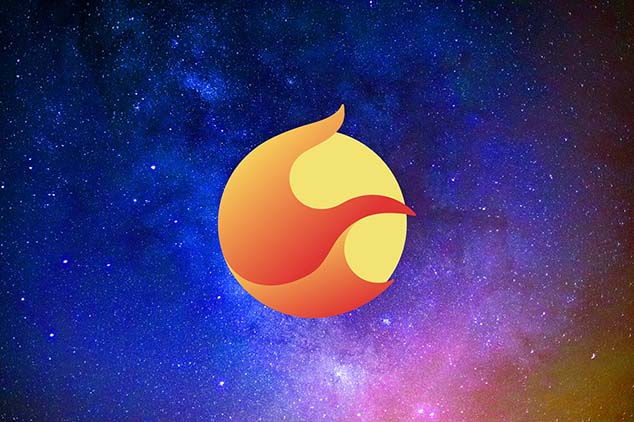Investors in Terra Luna have had a difficult time navigating the terrible slide since it fell to $0 last month. Terra UST and Luna lost 100% of their value in just three trading days, wiping out all of their investments in a flash. While investors throughout the world are suffering as a result of the meltdown, Indian investors will be hit with an additional 30% tax. Last week, holders received Luna 2.0 as an airdrop. Investors in India who received the airdrop may be subject to a 30% tax rate.
Income from a “transfer” of “virtual digital asset” would be taxed at 30% under the crypto law that took effect on April 1. The newly enacted law, however, makes no indication of how ‘airdrops’ will be taxed in the country. Nonetheless, according to Bloomberg, Meyyappan Nagappan, a digital tax expert at Nishith Desai Associates, the airdrop could be taxed.
- “There could be a scenario where people have received tokens above INR 50,000 and if its treated as gift, you’ll have to pay taxes on it. But by the time they sell it if the price falls then you’ll actually realize lesser money, and you may actually go more out of pocket in paying taxes than what you recover and that is the worst case scenario for them as Luna 2.0 was actually issued to compensate.”
The airdrop fits into the ‘definition of gifting,’ according to Anoush Bhasin, founder of crypto-asset tax consultancy firm Quagmire Consulting. He claims that by participating in the Luna 2.0 airdrop, Indian investors will save 30% on taxes.
- “They normally consider the most aggressive view possible with a view to collecting higher taxes, notwithstanding the fact that such a view may result in absurdity,” said Jay Sayta, technology and gaming lawyer at CoinDCX.
In India, the crypto taxation rules have not been friendly to investors, as many believe the restrictions are too harsh. Investors are not permitted to offset their losses as they are allowed to do in India’s stock markets.



